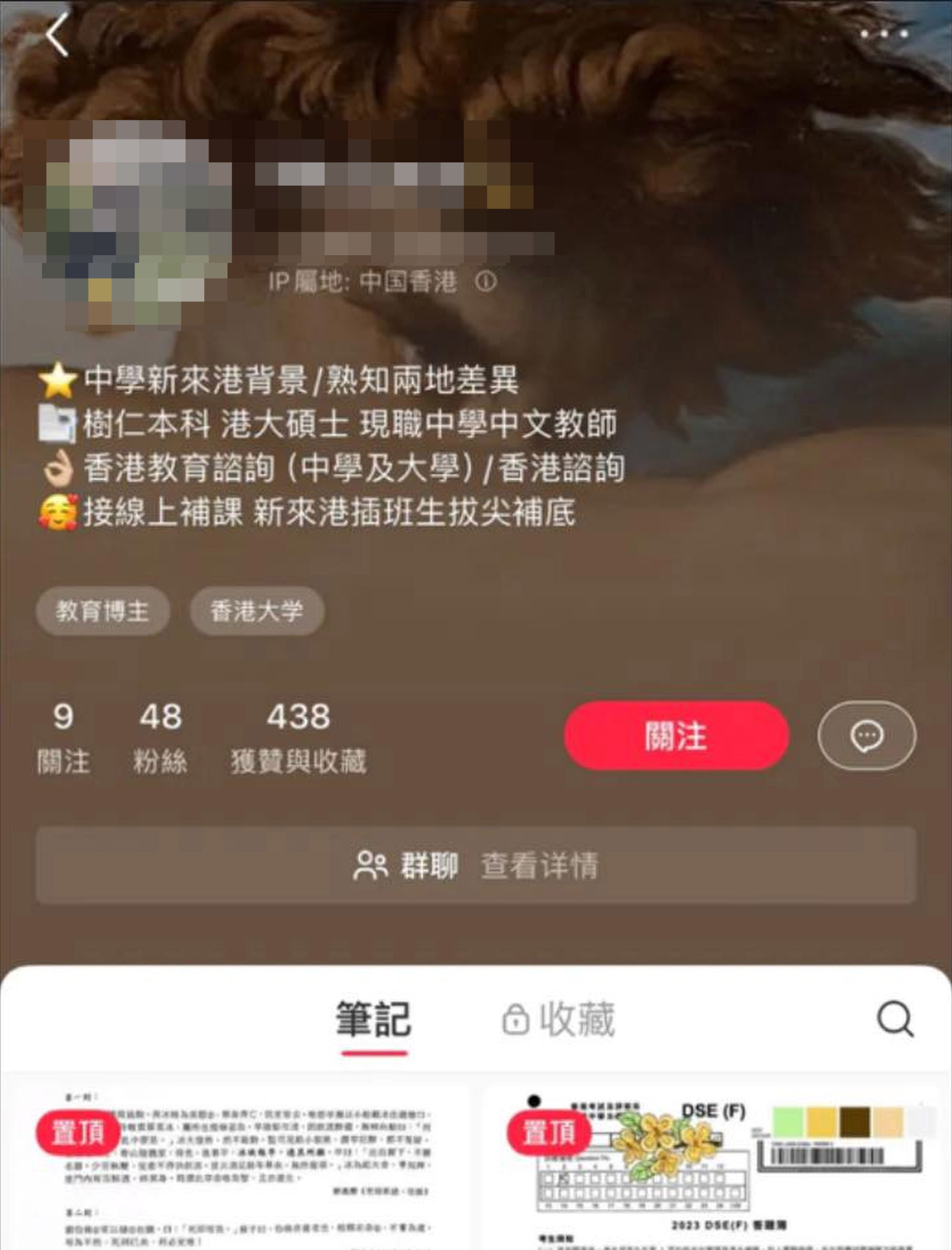
Explainer | DSE test leak: why sharing Hong Kong exam content online is illegal
- Police arrest woman surnamed Lau, 23, after English-language listening test content leaked on social media platform Xiaohongshu
- Post dives into why it is illegal to share test content online and other hiccups facing DSE exams held this year
A social media post revealing Hong Kong exam content has landed an invigilator in possible legal hot water, sending a warning to educators and students alike to think carefully before sharing such information publicly.
The 23-year-old woman, identified only by the surname Lau, was arrested on suspicion of violating the Hong Kong Examinations and Assessment Authority (HKEAA) Ordinance, police said.
While past DSE exam content has been widely used for teaching purposes, the Post dives into why it is illegal to share test content online.
What happened?
Hong Kong’s examination authority made a complaint to police after a user of popular Chinese social media platform Xiaohongshu was alleged to have uploaded the question and answer book for this year’s English-language listening test.

The authority said preliminary evidence suggested that the person leaked the information after the related subject exams had finished.
A source told the Post the arrested woman was one of the invigilators for the DSE exams, and also worked as a teaching assistant at a secondary school.
The Xiaohongshu account stated the user was an educator at a secondary school and taught online tutorial classes for students newly arrived from mainland China.
The insider added that it could not be ruled out that the woman committed the crime to benefit her own tutorial businesses.
She was released on bail pending further investigation and must report to police in mid-May.
Police have reminded the public that anyone who contravenes the provisions of the HKEAA Ordinance is liable to a maximum penalty of six months’ imprisonment and a HK$25,000 (US$3,192) fine.
Is it illegal to share DSE exam content?
The HKEAA has traditionally allowed schools to keep the DSE question papers and use them for teaching purposes, as long as they do not publicise them.
It is common for teachers to have access to the exam papers and they are allowed to make their own marking schemes or discuss them with students.
“But everyone does so under the premise that it’s not to be uploaded online,” former exam authority official Hans Yeung said.
“You won’t see any online leak on the question papers on Facebook or Instagram that are commonly used by Hongkongers.”
But he said some users on Xiaohongshu might not be familiar with the rules and Hong Kong’s exam culture.
Invigilator arrested over leak of Hong Kong exam content on social media
Yeung also said he believed that the HKEAA could have filed a report with police from a copyright perspective.
He explained that HKEAA held the copyright on DSE exam materials, and that such content would be published and sold for profit.
Past years exam papers had been priced from HK$79 (US$10) to HK$102.
But if whole exam papers were already being leaked online, it could affect their sales and income, Yeung said.
Other concerns about sharing exam content?
Yeung said another possible reason for restricting sharing of test content was to limit public debate and speculation over the questions.
“From a professional point of view, if a question is shared online and receives excessive public attention, it could affect the original marking scheme,” he said. “It could result in minor adjustments or the removal of the whole question.”
While the media could publish some controversial or key exam questions that were of public interest, reducing or controlling the public discussion post-exam was better for the marking process, he added.
In addition, all appointees of the authority, including DSE exam personnel who oversee the procedure, should ensure secrecy while performing their duties.

“The authority has reminded examination personnel of all examination centres that it is strictly prohibited to reproduce or publish the content of examination papers in any format without the approval of the [authority],” an HKEAA spokesman said.
Were test papers leaked from DSE exam centres in mainland China?
Secretary for Education Christine Choi Yuk-lin rejected rumours circulating online last week that test papers were leaked from mainland exam centres.
For the first time, the HKEAA set up assessment centres on the mainland to let about 110 pupils from two schools sit the exams across the border.
The authority said exam papers would be transported by professional companies and monitored by a CCTV system. The exams would be cancelled if a major leak of questions was detected.
Last Saturday, Choi stressed that the operation of the centres on the mainland went smoothly, and the papers were transported securely.
She noted that no candidates at the two mainland centres providing the tests left early, and it was not possible for students to use their phones to send messages during the exams.
“We have to be very careful about messages online that aim to mislead people. I think we should not spread rumours and scare ourselves,” she said.
Invigilator arrested over leak of Hong Kong exam content on social media
Did this year’s DSE get off to a rough start?
The HKEAA had to suspend the use of a new digital roll-call system for students because it crashed twice at the beginning of the DSE exams.
The i-Invigilation app, launched this year, experienced a “server jam” which caused it to crash during the Chinese and English papers last Thursday and Friday.
Yeung suggested getting the HKEAA to address and resolve all the irregularity reports to ensure the accuracy of candidates’ information.
More than 45,000 Hong Kong students are taking the university entrance exams this year.


